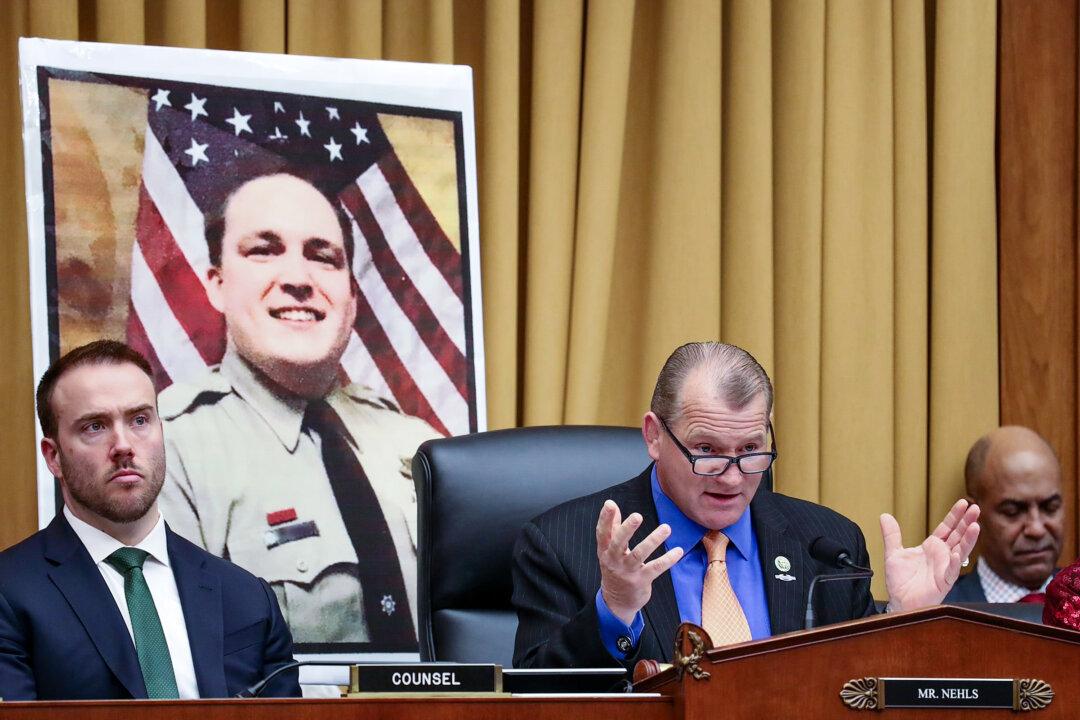The Virginia man who taunted police inside the U.S. Capitol and smashed several windows near where Ashli Babbitt was fatally shot on Jan. 6 has previously undisclosed psychiatric troubles, including a suicide attempt, that warrant a downward departure from the 11-year prison sentence sought by federal prosecutors, a defense attorney said in a new court filing.
The sentencing for Zachary Jordan Alam, 32, of Centreville, Virginia, was delayed at the last minute on May 6 after his attorney, Steven Metcalf II, disclosed his client’s previously unreported mental illness.





